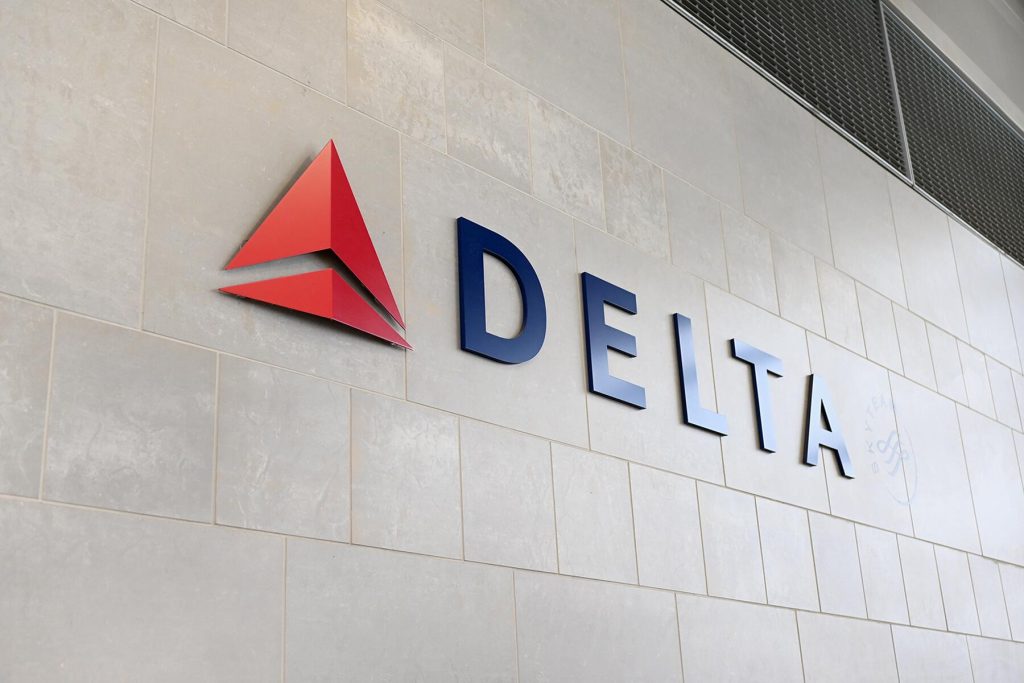Delta Air Lines takes Marriott to court, alleging that the hotel giant’s Delta Hotels brand infringes on its trademarks and confuses consumers. The case centers on brand similarity and global expansion.
A Delta Air Lines lawsuit against Marriott Hotels over the name of one of its hotel brands is going to a court trial.
In a 2020 suit filed in the U.S. District Court for the Northern District of Georgia, Delta filed a complaint that Marriott’s use and expansion of its Delta Hotels brand is harmful to Delta’s brand, which is older. “Delta’s claims arise out of Marriott’s willful infringement and dilution, and efforts to trade off on—for Marriott’s own commercial benefit— Delta’s famous DELTA trademarks and Delta’s hard-earned goodwill therein,” reads the complaint, in part. The suit proceeded to court on Monday.
Delta noted that Marriott had also previously opposed Delta’s efforts to trademark certain product names it was already using, such as its efforts to expand the trademark of the Delta SkyClub to the European Union. The two companies have held direct negotiations regarding the use of their respective trademarks, but Delta’s complaint alleges that those discussions have become unproductive and accuses Marriott of continuing unproductive discussions as a delay tactic.
Continue Reading Article After Our Video
Recommended Fodor’s Video
Marriott acquired the Canadian hotel chain Delta Hotels in 2015, when the brand only operated hotel properties in Canada. Marriott has since expanded the brand to include some 80 properties worldwide, including 52 in the United States. Delta’s complaint says that after Marriott acquired Delta Hotels, it remade the brand’s font and color choice, making them more similar to Delta Air Lines existing wordmarks and color palette.
Delta goes on to list a few examples of consumers being confused about whether the Delta Hotels chain was directly affiliated with Delta Air Lines, including an anecdote about an inquiry they received from businesses wishing to partner with the hotel brand, thinking it was a subsidiary of the airline. Delta also complained about Marriott’s inconsistent labeling of Delta Hotels as a Marriott brand in its materials and on hotel signage, further confusing consumers.
Marriott, for its part, has maintained that the Delta Hotels brand has existed since 1962, and that the word “Delta” is in broad enough use in geographic and business contexts to make awarding exclusive ownership unreasonable.
Delta accuses Marriott of acquiring Delta Hotels with the intent of infringing on their trademark. The complaint reads, “Upon information and belief, a central reason that Marriott acquired the Canadian Delta Hotel chain was to leverage the [Delta Hotels] acquisition to trade off Delta’s famous Delta Marks and consumer recognition.”
To infringe on a trademark, a brand must prove that a reasonable consumer would be confused about whether there was a difference between two similarly named products. Delta Air Lines points out that it has long sold hotel rooms on its website and as part of its Delta Vacations brand, and provided hospitality and food and beverage services to its passengers in airport Delta SkyClubs, causing confusion among consumers. Delta Air Lines has not pursued litigation against similarly named companies outside the travel industry, such as the Delta Faucet Company or Delta Bank.
Airlines often run into trademark infringement issues. In September 2023, Northern Pacific Airlines rebranded as New Pacific Airlines following a complaint of trademark infringement from the rail company BNSF, which owns the historic Northern Pacific Railway brand. In 1984, struggling Frontier Airlines (separate from today’s Frontier Airlines, which commenced operations a decade later) attempted to launch a low-cost subsidiary named Frontier Horizon, a name which drew complaint from Seattle-based regional airline Horizon Air (today a subsidiary of Alaska Airlines).
Delta Air Lines seeks an injunction against Marriott preventing further expansion, and unspecified financial damages. An agreement has already been reached on the use of the name in Hong Kong and China, which Delta Air Lines argues does not apply to the use of the brand in the United States.

